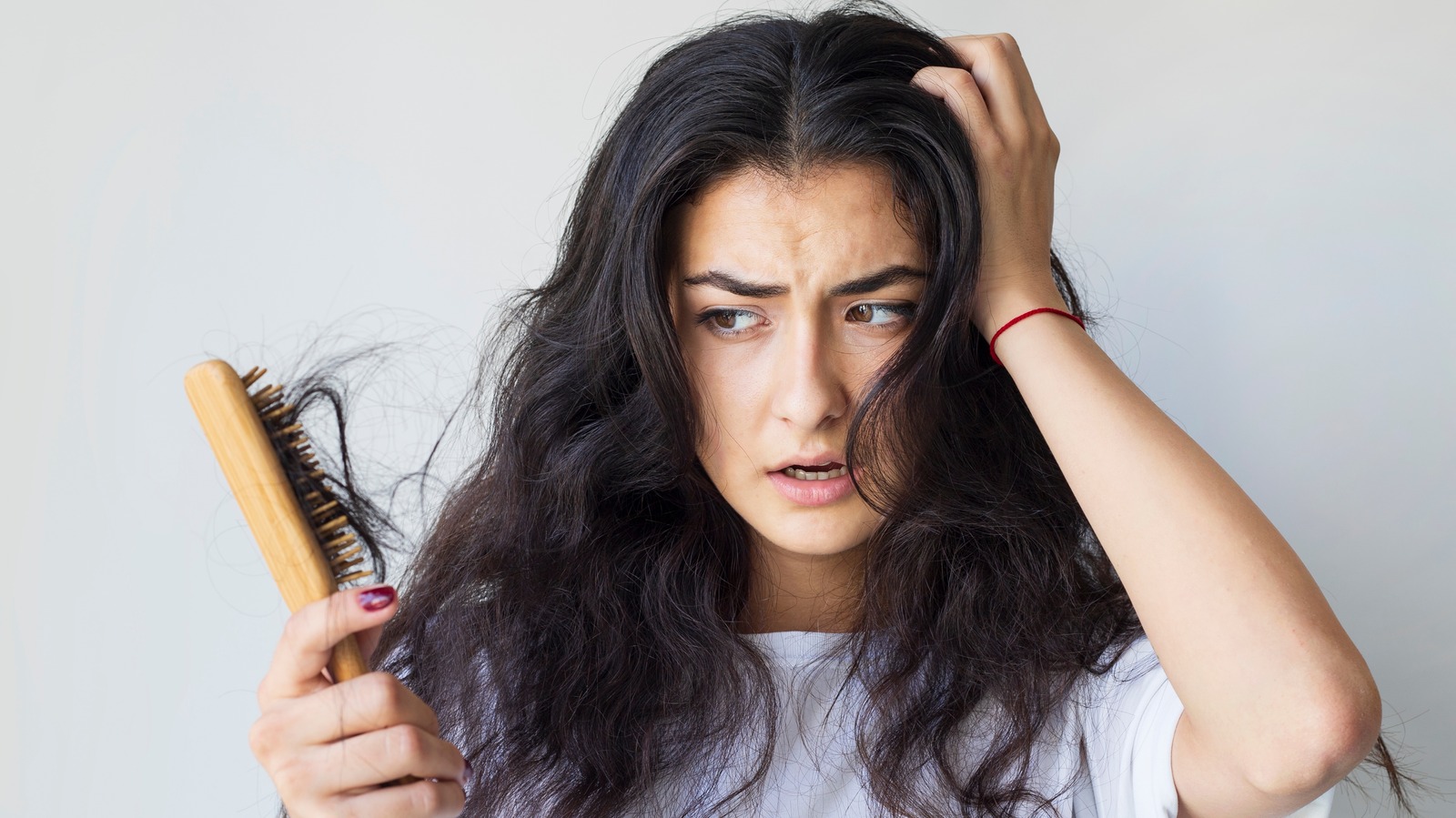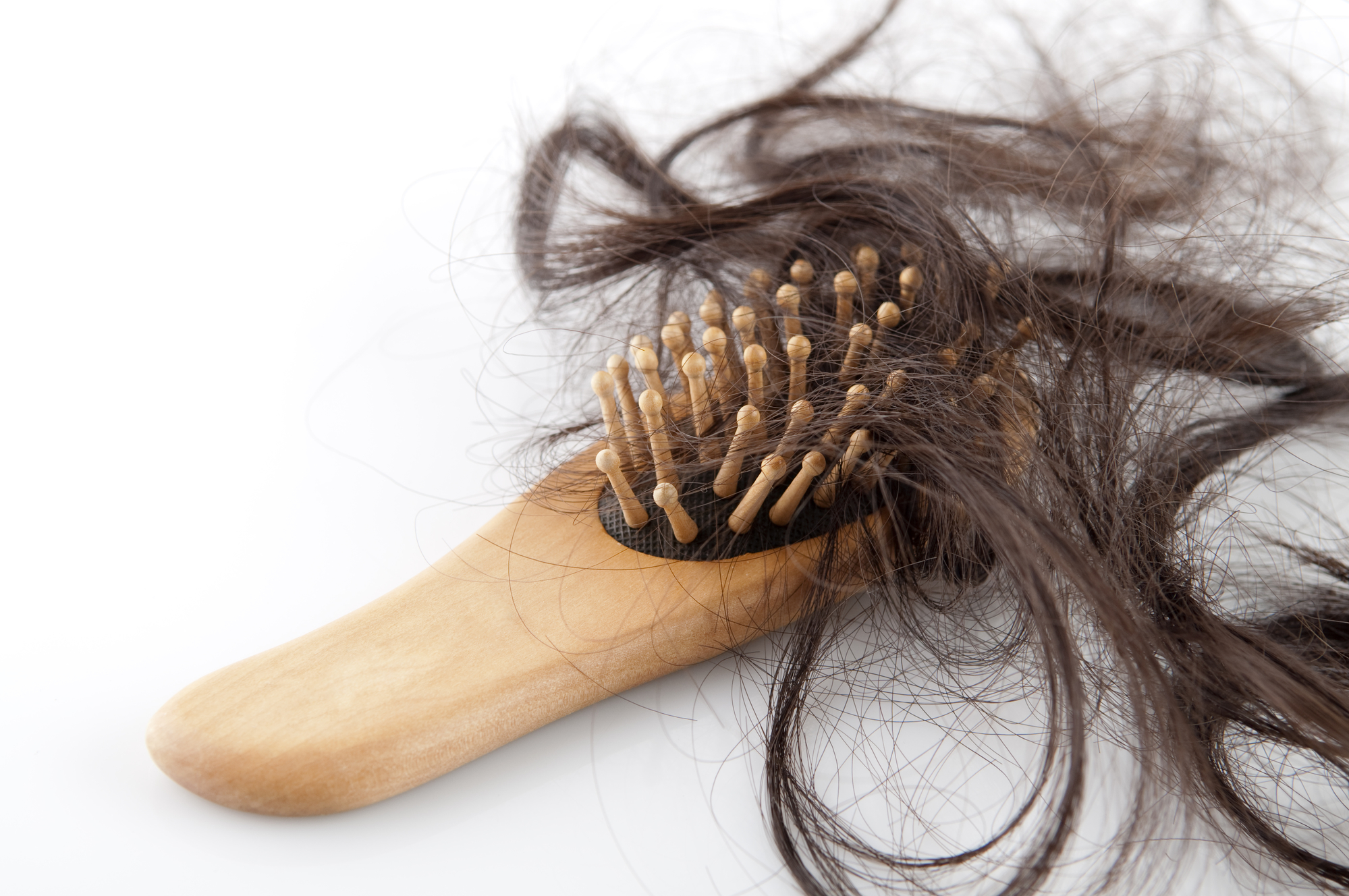Table Of Content

“We first asked whether the stress hormone was regulating the stem cells directly and checked by taking out the receptor for corticosterone, but this turned out to be wrong. Instead, we found that the stress hormone actually acts on a cluster of dermal cells underneath the hair follicle, known as the dermal papilla,” said Sekyu Choi, the lead author of the study. When lifestyle changes such as diet and a healthy stress management plan don’t work to stop hair loss or encourage healthy hair growth, it may be time to see a medical provider. Significant stress pushes large numbers of hair follicles into a resting phase, known as telogen effluvium.
Harvard Health Ad Watch: New drug, old song, clever tagline
12 Best Shampoos For Hair Thinning And Loss, Per Dermatologists And Editors - Women's Health
12 Best Shampoos For Hair Thinning And Loss, Per Dermatologists And Editors.
Posted: Tue, 23 Apr 2024 07:00:00 GMT [source]
The scientists next examined how corticosterone affects hair follicle stem cells. They found that the stress hormone was not regulating stem cells directly. By deleting the receptor for corticosterone from different cells, they determined that the hormone acts on a cluster of cells underneath the hair follicle called the dermal papilla. Baldness is often hereditary, and is activated by a shift in your hormones.
Signs of hair loss

For women who are experiencing a receding hairline (frontal fibrosing alopecia), talk with your doctor about early treatment to avoid significant permanent baldness. If your hair loss has been triggered by stress, managing your stress could be the key to returning to a healthy rate of hair growth. The cause of your TE will affect whether your hair grows back in a few short months, or longer.
More in Let's Talk About It - Alopecia Areata
"If you want to try something over the counter, you can consider using Viviscal or Nutrafol," Ahram says. "These supplements can help; however, if you do not see results after five or six months, you will most likely not benefit from them." "High heat causes damage to the hair and the hair cuticle; however, realistically, it is not always practical to completely cut out heat styling," Ahram explains. "Since heat protectors do not block heat completely, try to keep hair styling tools at the lowest possible setting and try to avoid holding the heat in one spot for too long to minimize damage." She recommends Kérastase's Genesis Strengthening Shampoo ($42) for anyone experiencing breakage, thinning, or damage to their hair.
For one, telogen effluvium can uncover other types of long-standing hair loss (like female pattern). Additionally, overall hair density is expected to slowly decrease with age, and in few (usually women aged 30-60), telogen effluvium can be chronic and lasts for multiple years. Losing around 50–100 hairs daily through combing, brushing, washing, and styling is normal.
Mayo Clinic offers appointments in Arizona, Florida and Minnesota and at Mayo Clinic Health System locations.
The researchers began by testing the role of the adrenal glands, which produce key stress hormones—corticosterone in rodents and cortisol in humans. Removing the adrenal glands from mice led to rapid cycles of hair regrowth. Hair follicle regeneration didn’t slow as these mice grew older, like it did in control mice.
When hair follicles are inactive, hair doesn’t grow, yet the mice continued to shed hair at their normal rate. Increased cortisol also prevented the cells beneath the hair follicle (dermal papilla) from secreting a molecule called GA56. “So even the baseline level of stress hormone that’s normally circulating in the body is an important regulator of the resting phase.
When to see a doctor
Everything from genetics to styling habits can play a role, and more than one factor is often to blame. That makes figuring out the root cause tricky, and once you understand what's causing your hair loss, treatment usually requires a multi-prong approach. In instances where there is no regrowth, or hair doesn’t grow back fully, a few different treatments are available. The type of treatment that’s best for you depends on the type of hair loss you’re experiencing. For most people, stress-related hair loss will be temporary, and it’s simply a case of “waiting it out”. This is particularly the case with telogen effluvium, which normally resolves within six to nine months.
The hair pulling may also be more intentional and used as a means to relieve stress or other negative emotions. Find out more about a potential link between COVID-19 and hair loss. Stress is just one of the reasons you could be experiencing hair loss. There are supplements available specifically tailored to help your hair grow faster and fuller.
You should incorporate an oil, serum, or other targeted hair treatment into your routine. Shampooing is the first step in any hair care routine, and it's an important one. "Having a good hair care routine is key to having strong hair," Hurtado says. "Using the proper shampoo for your hair type and texture is the first step to having healthy, luscious hair." The core reasons as to why this happens are ambiguous, but studies suggest a strong relation to unexpected stress as the trigger.
Alopecia areata is an autoimmune condition that is characterized by “round patches of hair loss on the scalp,” although it can occur elsewhere on the body, Agbai says. While the exact reason for this type of hair loss is unknown, it is generally understood that “the immune system mistakenly attacks hair follicles, leading to hair loss,” she adds. Talk to your healthcare provider if an abnormal amount of your hair is falling out.
Hair loss caused by stress is typically curable, and there are several treatment options available. These include stress management and dietary changes, along with topical treatments and medications. This April marks Stress Awareness month in the US, a calendar moment designed to raise awareness of the pervasive and damaging nature of stress. While we know that stress is an undeniable factor in most people’s lives, its impact on so many aspects of our physical and mental health is perhaps more far reaching than we might imagine.

Alopecia areata (AA) is an autoimmune disorder where your immune system basically wages war on your hair follicles. The follicles may start to shrink, causing hair growth to slow down — or even stop altogether. On the whole, it’s important that you speak with your doctor about any symptoms you’re experiencing. A dermatologist can provide a proper diagnosis, and select a personalized treatment that will help restore health to you hair and scalp.
However, Dr. Kuhn advises against using them regularly, as they may have the potential to clog the hair follicle and prevent regrowth. A dermatologist may prescribe topical immunotherapy in people with extensive alopecia (greater than 50% scalp hair loss). With this treatment, 74.6% of people with patchy alopecia experienced hair regrowth, and 54.4% of people with alopecia totalis showed hair regrowth. However, 38.2% of people also experienced recurrence of their alopecia. Telogen effluvium (TE) occurs when there’s a change to the number of hair follicles that are actually growing hair. If this change occurs during the telogen — or resting — phase of hair growth, it can result in shedding.






















